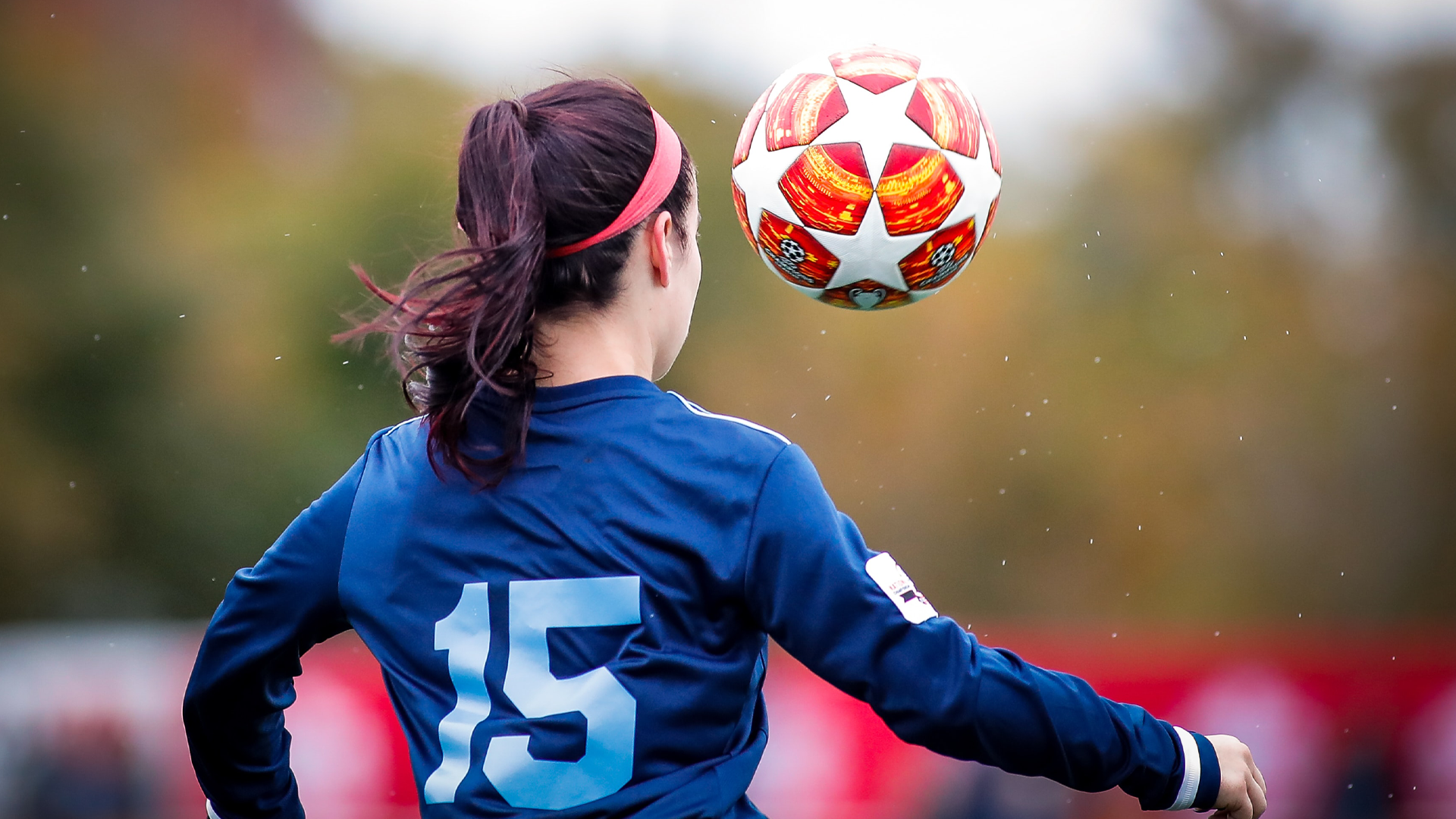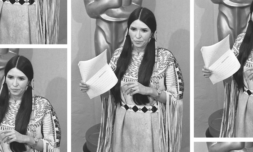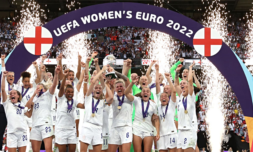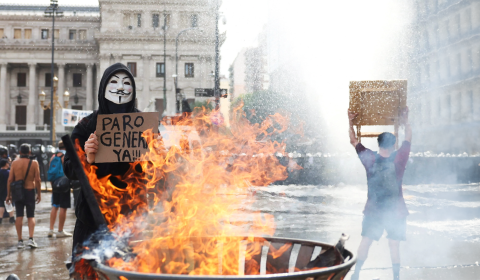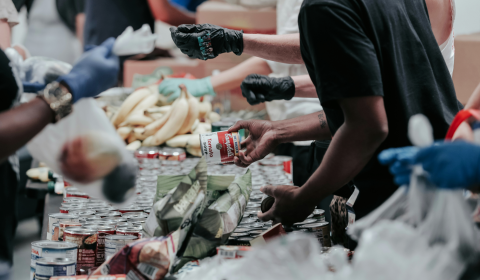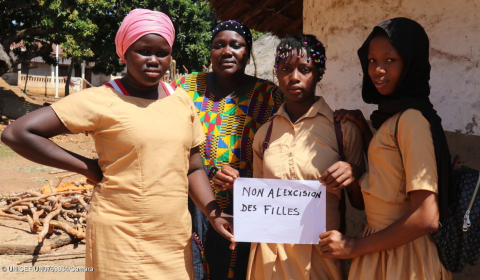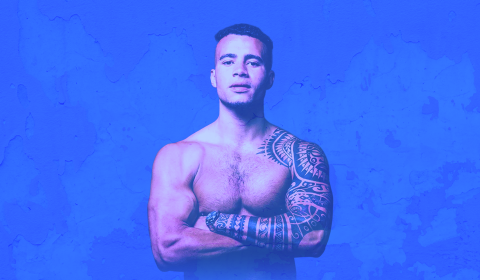Despite the win that England scored last month, the government has refused to give girls equal access to football in school PE lessons. When will we give women the equal chance to bring football home?
Though I call myself a feminist, I was guilty of paying far more attention to the men’s Euros in 2021 than this year’s female tournament, only watching a couple of matches this summer.
It’s not because I don’t care. My sister is a footballer, after all.
So why didn’t I tune in when England edged closer to their first-ever Euros win? And why did none of my friends, family, or colleagues ask whether I had caught the latest match on TV?
Is women’s football just not ‘big’ enough yet – or are we still guilty of giving men a pedestal when it comes to certain sports?
Natalie Strange, a 25-year-old assistant underwriter who plays football for Bowers & Pitsea Ladies Football Club, has been playing the sport since she was seven. ‘I don’t have a specific moment that made me go into it,’ she says.
‘I’ve just always loved playing it.’
Ellie Brazil, who has just signed for Tottenham Hotspur Women, says she was born into a family that loved football.
‘I was thrown into a goal as a mannequin for my brother before I was even one year old,’ she tells me from Louisville, US, where her team has been playing in the Women’s Cup for the last week. ‘But the roles started reversing soon after that.’
Brazil, 23, has been playing professionally for about six years. In school, she was fortunate enough to be very good at tennis and athletics, as well as football – but the latter was always the most fun and playing it with her brother helped their sibling bond grow even further.
Loren Whyte is a secondary PE teacher from Enfield. Football was introduced to her via the boys on her school playground. ‘That day, I went home and told my dad I wanted to play,’ she recounts. ‘He took me to the playground, showed me a few drills and I haven’t stopped playing since.’
The Lionesses’ triumph
On 31 July, England proudly watched as Sarina Wiegman’s Lionesses were crowned champions of UEFA’s European tournament. With the highest attendance of any European Championship match at over 87,000 people, the day was not only a win for England, but for women’s football too.
Knowing the stadium was sold out was such a big moment, says Strange.
Brazil notes that the win was ‘huge’ for the league she plays in too. A lot – if not all – the players in the European national teams play in the same league and if you look at the calibre of players who have joined that league since the end of the Euros, it’s massive, she says.
Last week, Chelsea put in the highest all-time bid in English football of €500,000 for French national player midfielder Grace Geyoro.
While the win has inspired thousands across the country and the world, as a black woman, Whyte found a lack of representation within the team and its coaching squad. ‘There is no emotional attachment because I didn’t see anyone who looked like me,’ she says.
The issue of equality is not only prevalent in the big national teams, but within public schools as well. Currently, only 63% of girls have access to the game during PE lessons.
What message does that send to our children?
‘It’s a shame girls aren’t given the same opportunities as others,’ she says. ‘Football always used to be my favourite sport in PE and it’s a shame people have to miss out – especially with the growth we’ve seen over the past few years.’
Brazil says not giving girls the same opportunities as boys in school football is ‘ridiculous’. Girls can then decide if they have a passion for the sport from a young age – I don’t see how they can take that away from young children, she says.
The 23-year-old’s first team was the boys West Bridgford FC. Most boys were kind and inviting but one really couldn’t stand her playing and made her life as a six-year-old very uncomfortable, she remembers. ‘It’s stayed in my head forever,’ Brazil adds.
Strange says she was lucky enough not to ever be the receiving end of hate, but often sees other girls targeted online, while Whyte highlights that although she has been called out for being too ‘masculine’ – the biggest backlash she receives is about the colour of her skin.









